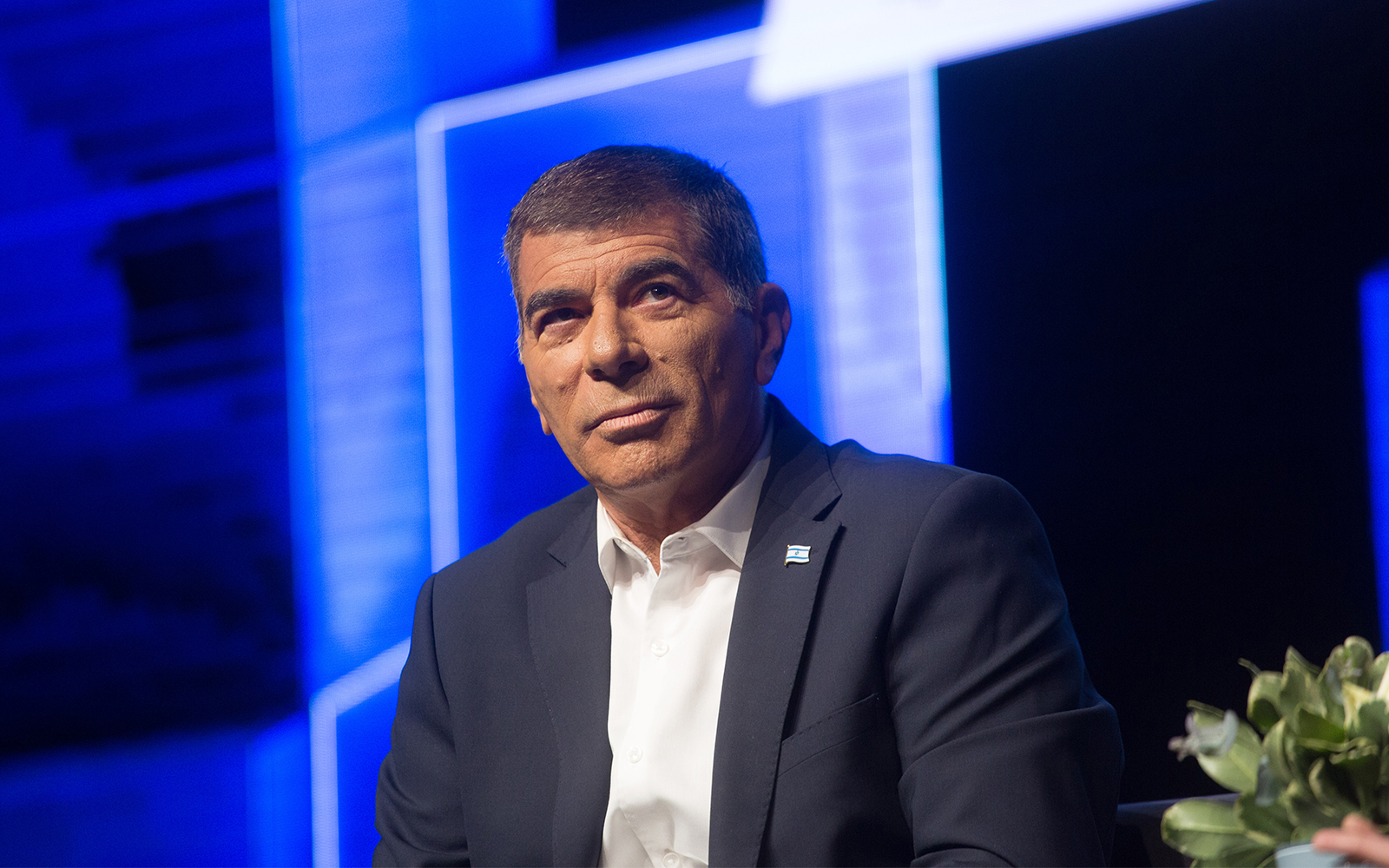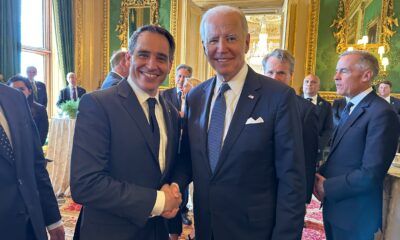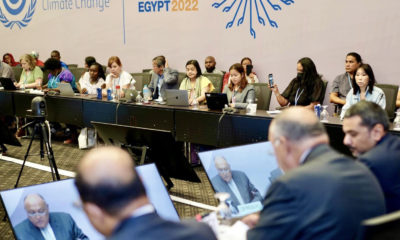
Lifestyle

Israelis move heaven and earth to resist climate change
As climate change becomes an emergency, the initiatives Israel has in place to combat it domestically and through international collaboration can only stand the planet in good stead.
An Israeli broadcast last Thursday, 22 April, livestreamed from Jerusalem, focused on these initiatives, marking the 51st anniversary of Earth Day.
“Global challenges require global solutions, and climate change knows no boundaries,” said Israel’s foreign minister, Gabi Ashkenazi. “Decisive action is needed urgently.
“Israel is working with the United Arab Emirates, Jordan, and Palestinians, among others, on several environmental projects,” he said, emphasising that climate change is a priority for the Israel’s foreign affairs ministry. “Israel’s arid climate and lack of natural resources has made it a world leader in smart farming, agritech, and food technology.
“Using advanced technology such as satellites and drones, Israel has increased food productivity and minimised environmental harm. Israeli start-ups are pioneering work in alternative protein and food sources. Greening projects will benefit future generations, our children, and their children.”
International embassies, diplomatic partners, and government representatives across the globe all came together to deliver messages of support for Israel’s green initiatives.
Environmental projects spearheaded by Israel are found all over the world. The installation of Israeli irrigation technology in Hanoi in Vietnam is one example of Israel turning crisis into opportunity. Another is a sustainable urban gardening venture in Riga, Latvia. The Israeli ambassador to Latvia, Orli Gil, said, “This groundbreaking project, in collaboration with Israel, allows us to connect with the soil and attract beautiful butterflies to the area.”
Said Gila Gamliel, Israeli minister of environmental protection, “Extreme weather, food insecurity, and land degradation mean climate change is a threat to international peace and security, and global citizens must engage in climate action. Governments must engage in co-ordinated policy integration, and innovation in science and technology is key to addressing these challenges.”
A new climate bill was recently adopted by Israel to reduce greenhouse gas emissions by 25% by 2050, and bolster co-operation between all stakeholders to promote regional stability.
Said Maoz Fine, a marine biologist in Eilat, “In southern Israel, coral reefs are resistant to bleaching from global warming because the coral was forced to adapt to the naturally high water temperature levels there.
“Israeli research to understand the mechanism of coral thermal resilience is important because in only 30 years, 50% of global coral reefs have been lost. This research will give other countries the toolbox to improve their coral bleaching resilience.”
Climate activist Yosef Abramowitz said, “The forestation of dry desert is an Israeli innovation, overcoming water scarcity to decrease the size of its deserts and passing on the knowledge to other water-challenged nations in a ‘pay it forward’ approach.”
Professor Uri Shanas, the founder and chief executive of TiME (This Is My Earth), said his start-up’s mission was to focus on “biodiversity hotspots, biogeographical regions significant in the number of species that they hold which are under immediate threat”.
“Around the world, 50% of hotspot areas are privately owned, and through membership contributions, we purchase these global areas with unique ecosystems in order to protect them.”
Alla Voldman, the director of strategic alliances at The Good Food Institute Israel, said, “Improving lifestyles in developing countries means that meat consumption is rising, which has an impact on the climate and increases microbial resistance and disease outbreaks. Alternative protein is produced in Israel at fewer external costs, without the possibility of zoonotic diseases, and is a huge economic opportunity.
“Major international food company uptake ensures this is no longer a niche market in food or agritech. Alternative protein comprises cultivated meat, plant-based meat, and fermentation [micro-organisms producing animal proteins], and is one of the hottest investment fields in the Israeli tech industry.”
Israel’s transformation into a low-carbon, sustainable economy is fuelled by similar internal projects: renewable energy storage, clothing printed by 3D printers, environmentally-friendly concrete, and turning dirty plastic into construction sheets, to name a few.
Closer to home, Utilis is an Israeli company which detects leaks and saves billions of gallons of water globally. Said chief executive Elly Perets, “Our company’s technology processes microwave signals from satellites to detect water leaks for governments and water corporations. Algorithms detect suspicious points of water leakage, sewage, drainage faults, and water accumulation on the ground.”
The company’s technology has been implemented in 400 projects in 55 countries, including the United States, Italy, the United Kingdom, Chile, China, and South Africa.
Climate-change mitigation is no longer on the back burner. Israel, from the Dead to the Red Seas, is a shining example of what can be achieved when civic society and government combine in public-private partnerships to heal the world and commit to a smarter, greener future.
- For further information, go to https://www.earthday.org/earth-day-2021/








